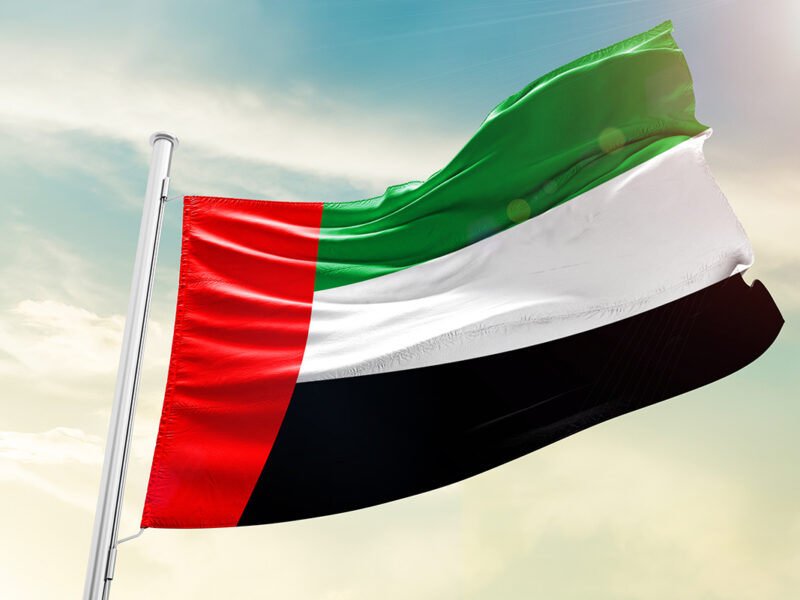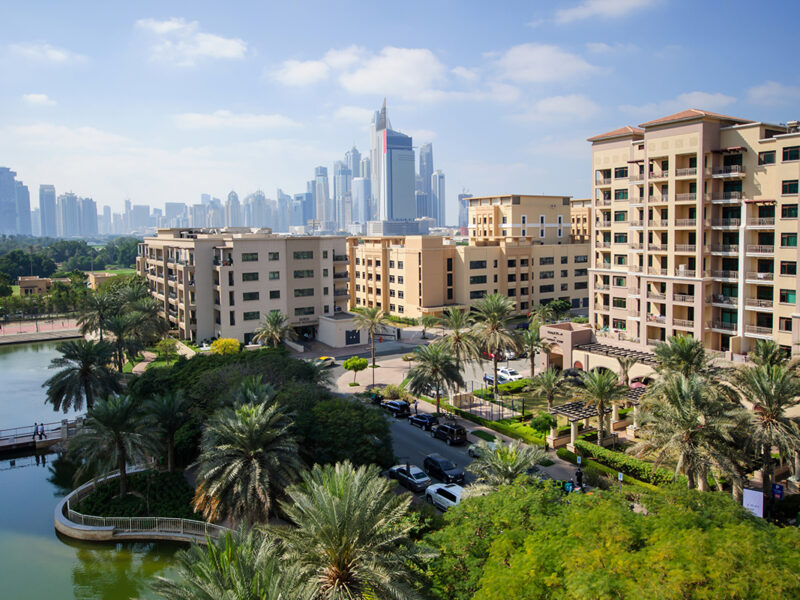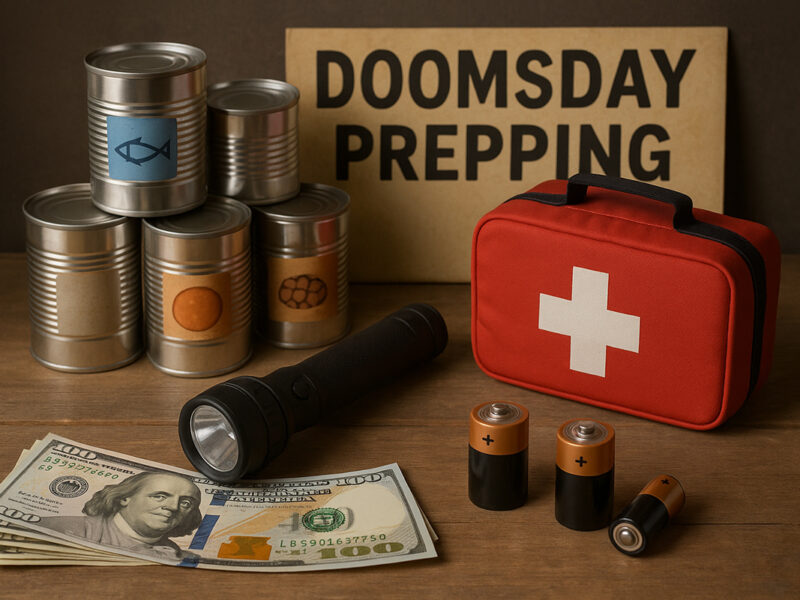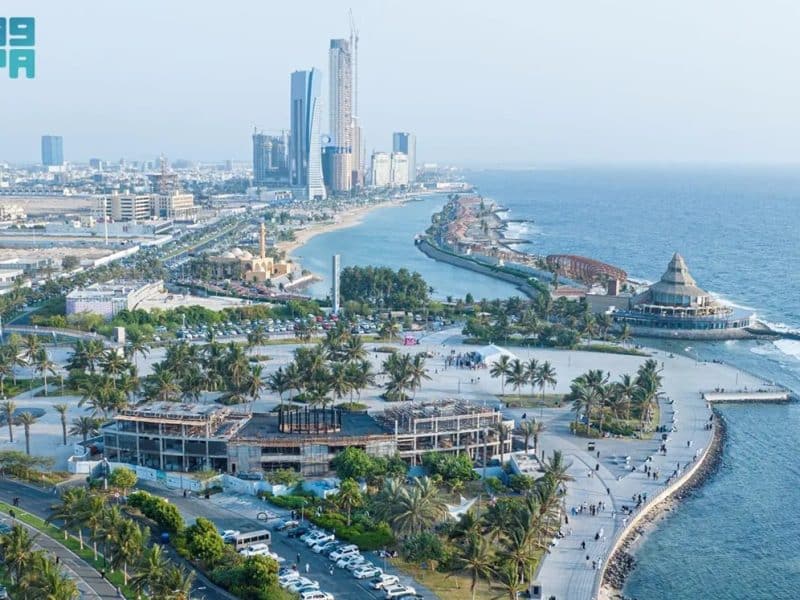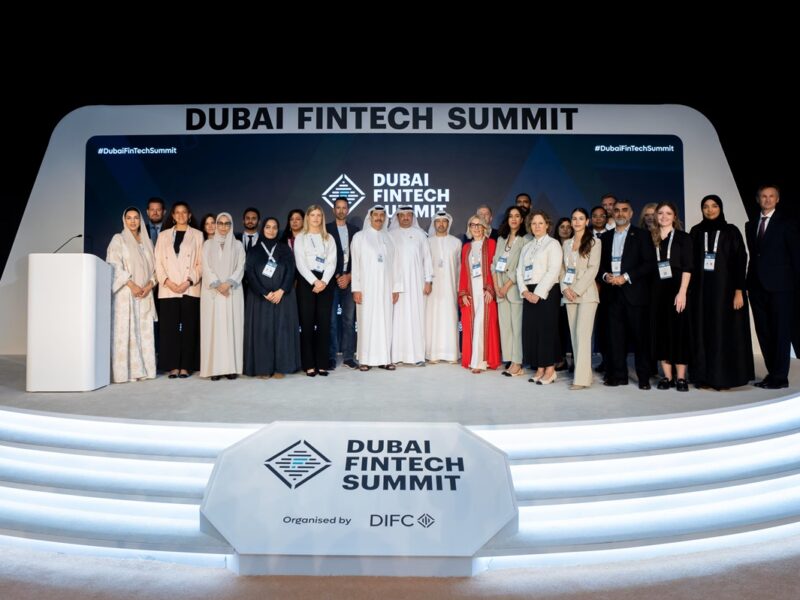With each passing year, sustainable development is becoming more and more important for governments, as well as corporate entities. What started as a fringe movement has now become a widespread phenomenon.
In a welcome development, attention to environmental, social, and governance (ESG) issues now tops the agenda of business planners, with major stakeholders swearing by the need for greater sustainability.
But what exactly does this entail?
Sustainability, within the corporate context, refers to an approach that seeks to create long-term value while taking into consideration how an organization operates in the ecological, social, and economic environments. The key incentive is that such strategies are expected to enhance the long-term outlook of the companies and businesses.
For those who are rather new to this inevitable transformation, here are the top five reasons why sustainability is a critical business imperative, especially at this juncture of post-pandemic economic revival.
Ensuring a future that is liveable
The many natural disasters that continue to frequent our world should be a wake-up call for all. It is obvious that the environment has been damaged by human activities almost to a point of no return. If remedial measures are not taken on an emergency basis, the planet’s ability to sustain life could be soon put to test.
This generation has a moral and ethical obligation to ensure that development takes place in a sustainable manner. It is critical not just for the environment but also for the sustenance of businesses themselves because consumers are increasingly aligning with ESG-conscious brands.
In the Middle East, sustainability is now becoming foregrounded in state-of-the-art developments such as NEOM. It is but a glimpse of what is to come in the near future.
Promoting resilience
All organizations need to build resilience if they intend to continue on the growth path. Resilience refers to the capacity of a system — an economy, a company, a sector — to deal with change and yet continue to develop and progress.
Sustainability, which is the ability to meet the needs of the present without compromising the ability of future generations to meet their needs, is closely linked to resilience.
In the regional context, this can be best explained through the food systems. The Middle Eastern economies’ import-dependent food systems (nearly 90 percent of food is imported) were disrupted during the pandemic.
The solution hinges on localized food production, which runs into challenges such as water scarcity, soil salinity, and arid climate. Sustainability solutions such as Breathable Sand are now bridging these gaps to induce resilience by way of optimal agricultural yield.
Remaining in step with new-age consumers
New-age consumers are increasingly adopting a more sustainable lifestyle. Millennials, particularly, are more sustainability-orientated compared to previous generations. The new generation is also willing to pay more in order to ensure sustainability.
The trend is only going to increase in the foreseeable future, with “conscious consumerism” set to become the norm. Businesses have no choice but to take cognizance of this trend if they intend to stay relevant in the coming decades — which is another reason why sustainability has become a critical imperative.
Reducing costs and increasing profits
As per a recent McKinsey report, strong ESG propositions relate to higher financial returns and lower downside risk. The report goes on to say that having a strong environmental proposition helps companies tap new markets and expand into existing ones, adding that there is a significant correlation between a company’s resource efficiency and its financial performance. The long and short of it is that companies with high ESG ratings will be cumulatively more profitable. So, the best time to begin the sustainability pursuit is now.
Improving brand image
With sustainability becoming more and more important to consumers, especially the younger generation, it is advisable for businesses to not only project themselves as the proponents of the cause but also substantiate it with demonstrable results. This is because, with sustainability gaining ground, it is also running a risk of “greenwashing”, the process of using PR and marketing to deceptively persuade the public that an organization’s products and policies are environmentally friendly while the opposite is true.
Discerning consumers now expect better reporting and empirical evidence from ESG-compliant brands. So, conscious efforts and transparency are bound to improve the brand image of a company. It will also enable businesses to attract top talent and investment, and increase their market share.
All in all, sustainability is the brand differentiator today. It may entail costs in the near term but will pay generous dividends in the long run. And far-sighted brands are subscribing to this notion and transforming their services/products accordingly.
In the Middle East business ecosystem, the sustainability transition is underway at an exemplary rate. Soon, a future-ready economy will be the fruit of their labour.
Chandra Dake, Executive Chairman and Group CEO of the Dake Group

